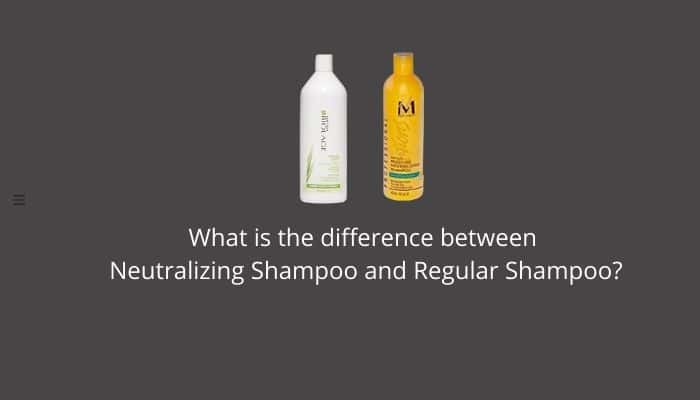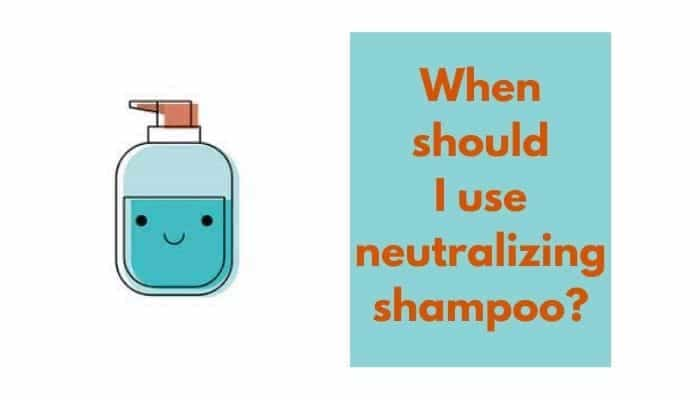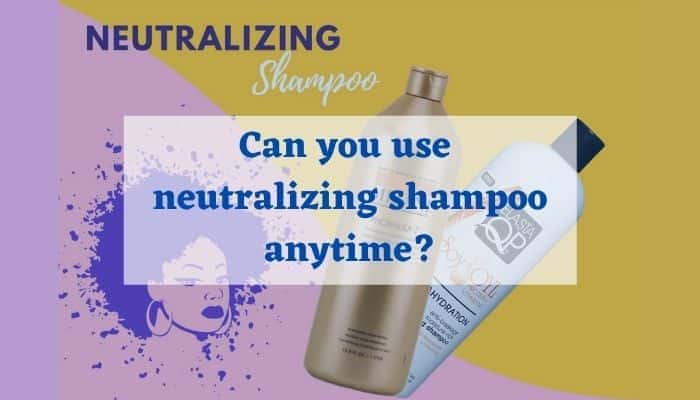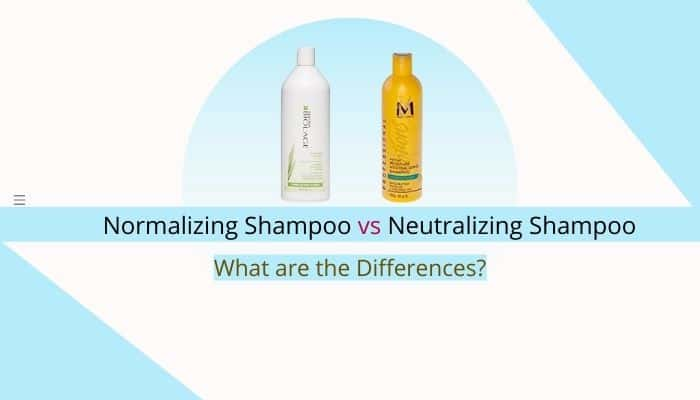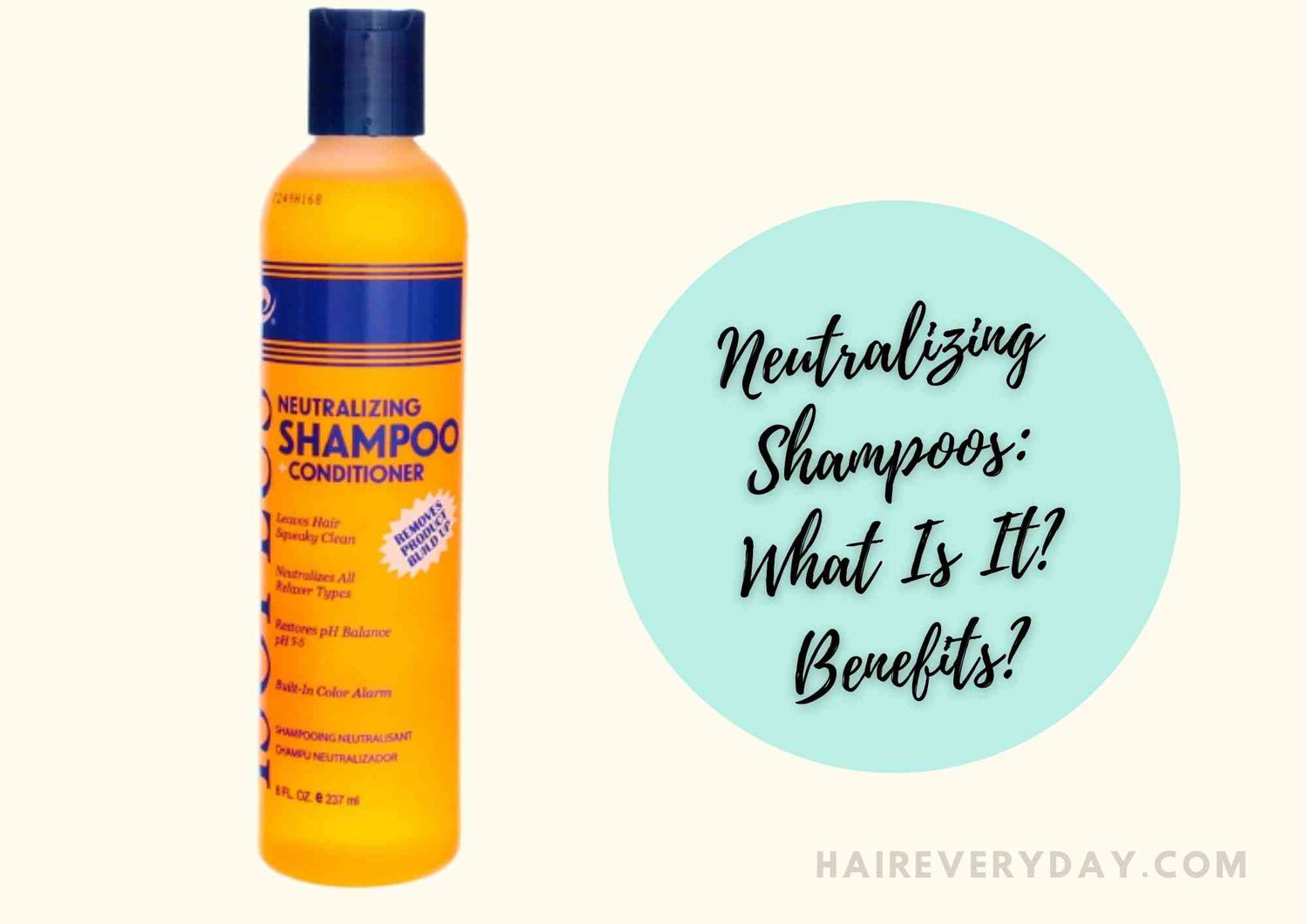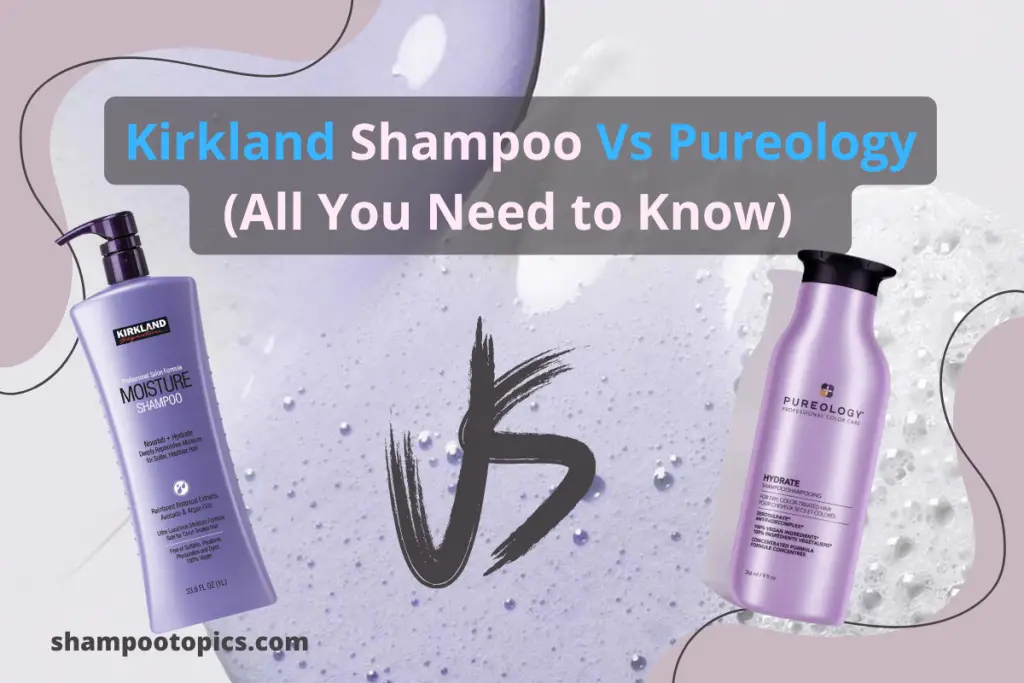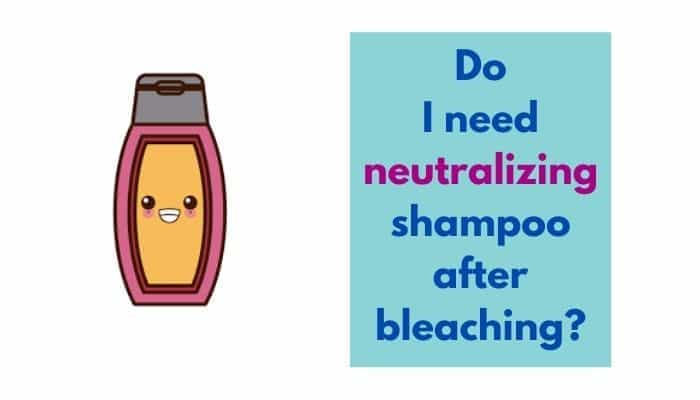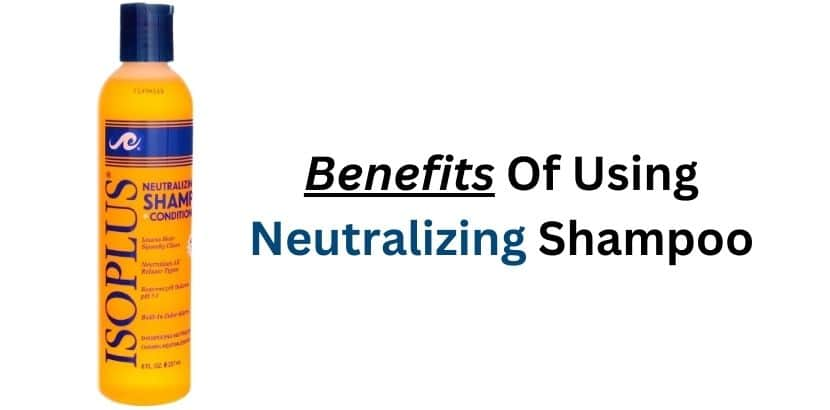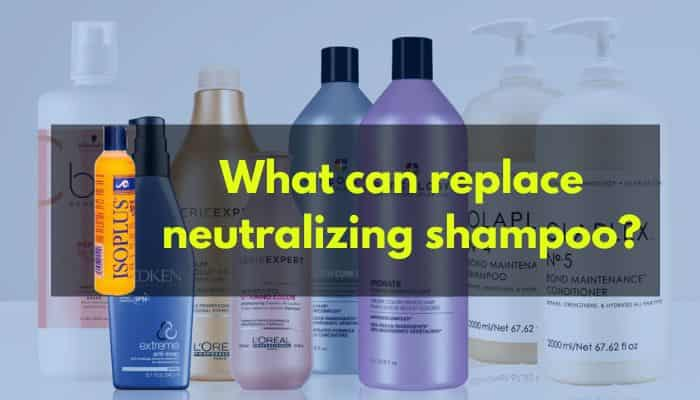Can I Use Neutralizing Shampoo As Regular Shampoo

Imagine stepping out of the salon, your hair bouncy and vibrant after a fresh relaxer. The stylist hands you a bag of aftercare products, and nestled among them is a bottle of neutralizing shampoo. Its purpose seems straightforward: to halt the chemical process and restore your hair's pH balance. But a thought lingers: Can I use this regularly, like my everyday shampoo? It smells nice, feels cleansing, and perhaps, just perhaps, could simplify my hair care routine.
The question of whether neutralizing shampoo can be used as regular shampoo isn't just about convenience; it's about understanding the delicate balance of hair chemistry. Neutralizing shampoos are specifically formulated to reverse the effects of chemical treatments, particularly relaxers and perms. While they cleanse, their primary role is to restore the hair's pH level after it's been altered by these processes. Using them regularly without a specific need might lead to unintended consequences.
Understanding Neutralizing Shampoo
To appreciate the complexities, it's crucial to delve into what neutralizing shampoo actually *is* and how it functions. Relaxers, for instance, work by breaking down the disulfide bonds in hair, which give it its curl pattern. This process raises the hair's pH to a very alkaline level, often around 10-14.
Enter neutralizing shampoo. Its job is to lower the pH back to its normal, slightly acidic range (around 4.5-5.5). This is typically achieved through ingredients like citric acid. The color indicator that many neutralizing shampoos have helps signal when the pH has been sufficiently lowered. When the shampoo lathers white or pink, it means the relaxer has been fully neutralized.
The Risk of Over-Neutralizing
The core concern with using neutralizing shampoo regularly revolves around potentially over-neutralizing the hair. Consistently lowering the pH beyond the ideal range can lead to a number of problems. These problems are dryness, brittleness, and even breakage.
Hair thrives in a slightly acidic environment. This acidity helps to keep the cuticle layer closed and smooth. A closed cuticle reflects light, contributing to healthy shine and prevents excessive moisture loss. Continuously disrupting this natural balance can weaken the hair over time.
What the Experts Say
Hair care professionals largely advise against using neutralizing shampoo as a regular cleanser. According to the American Academy of Dermatology, maintaining a healthy scalp and hair pH is essential for overall hair health. Regularly using a highly acidic shampoo without a specific chemical treatment to counteract can disrupt this balance.
Stylists at leading salons like Devachan and Ouidad, known for their expertise in curly hair, emphasize the importance of using pH-balanced shampoos specifically designed for regular use. These shampoos cleanse gently without stripping the hair of its natural oils or overly altering its pH level.
The Ingredients to Watch Out For
Understanding the ingredient list is key. Look for ingredients like sulfates, which, while effective cleansers, can be harsh and drying, especially when combined with the acidic nature of neutralizing shampoos. Be mindful of a high concentration of acids, such as citric acid, if listed high up on the ingredient list. These are great for neutralizing but not ideal for everyday use.
Ingredients like moisturizing oils (e.g., argan, coconut, shea) and humectants (e.g., glycerin, honey) can help mitigate some of the drying effects. However, they don't completely counteract the potential for over-neutralization. Balance is key. You need ingredients that cleanse and hydrate, without excessively altering the hair's pH.
Safer Alternatives for Regular Cleansing
Instead of reaching for neutralizing shampoo, consider sulfate-free shampoos designed for your specific hair type and needs. If you have dry or damaged hair, look for moisturizing shampoos. For oily hair, clarifying shampoos (used sparingly) can help remove excess buildup. For color-treated hair, opt for color-safe formulas.
Co-washing, or conditioner washing, is another popular option, especially for curly and coily hair. This involves using a conditioner to cleanse the hair without stripping it of its natural oils. It's a great way to add moisture and maintain a healthy pH balance.
Ultimately, paying attention to how your hair responds is vital. If you notice dryness, brittleness, or increased breakage, it's a clear sign that your current cleansing routine isn't working. Experimenting with different products and techniques can help you find what works best for you.
When Neutralizing Shampoo Is Appropriate
While not suitable for regular use, neutralizing shampoo remains an essential tool after chemical treatments. It's crucial to use it immediately following a relaxer or perm to stop the chemical process and restore the hair's pH. Follow the instructions provided by the relaxer or perm kit, or your stylist's recommendations.
If you’re unsure whether your hair needs neutralizing, look for signs that the chemical process hasn't been fully stopped. This includes continued burning or irritation of the scalp, or a lingering chemical smell even after rinsing. If these signs are present, continue neutralizing until the shampoo lathers clear and the hair feels normal.
In some cases, a clarifying shampoo can be used before a deep conditioning treatment to remove buildup and prepare the hair to absorb the conditioner more effectively. However, this should be done sparingly, as clarifying shampoos can also be drying.
Consulting a Professional
When in doubt, seeking advice from a qualified hair stylist or dermatologist is always a good idea. They can assess your hair's condition, analyze your current hair care routine, and recommend products and techniques tailored to your specific needs. Furthermore, a stylist can teach you how to distinguish between damage from chemical treatments and damage from overuse of harsh products.
They can also perform a strand test to determine your hair's porosity and elasticity. These tests help identify how well your hair absorbs and retains moisture and how strong it is. This information is invaluable in choosing the right products and treatments.
Remember, a hair care professional can provide personalized guidance, saving you from costly mistakes and potential damage in the long run.
Conclusion
While the idea of simplifying your hair care routine with a single shampoo is tempting, neutralizing shampoo is best reserved for its intended purpose: neutralizing after chemical treatments. Using it as a regular shampoo could disrupt your hair's natural pH balance, leading to dryness and damage. Instead, explore the many gentle and effective shampoos designed for everyday use, and listen to what your hair is telling you.
Treat your hair with kindness and understanding. It's a reflection of your overall health and well-being. Choose products that nourish and protect, and your hair will reward you with shine, strength, and vitality.
So, next time you reach for that bottle of neutralizing shampoo, remember its specific purpose. Opt for a gentle cleanser instead, and let your hair thrive in its naturally balanced state. Your hair will thank you for it.

